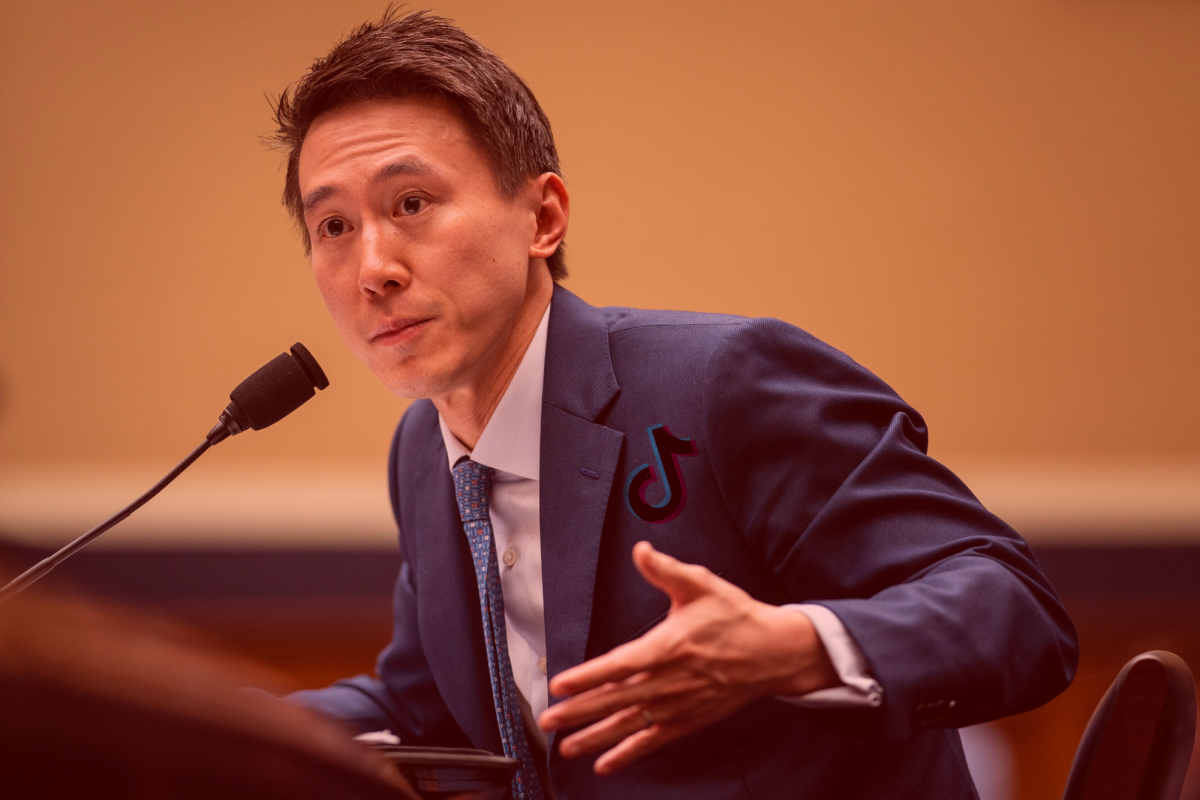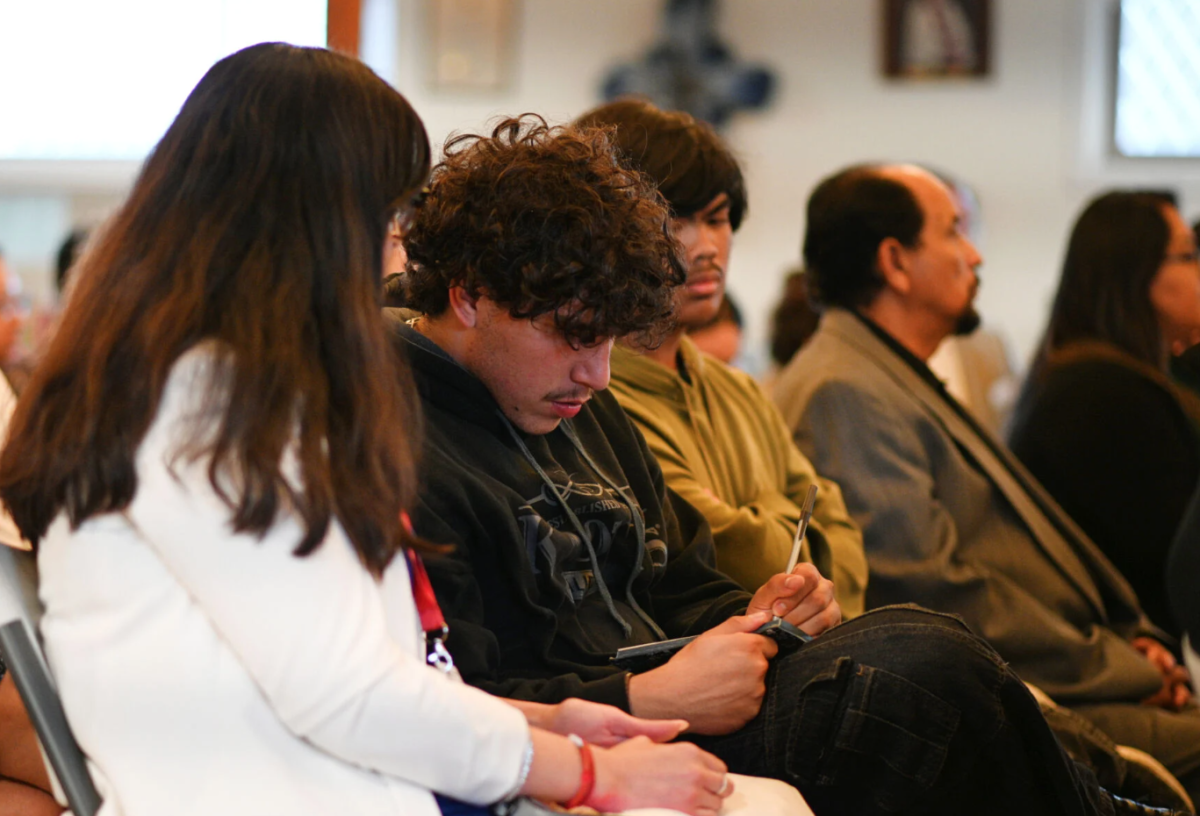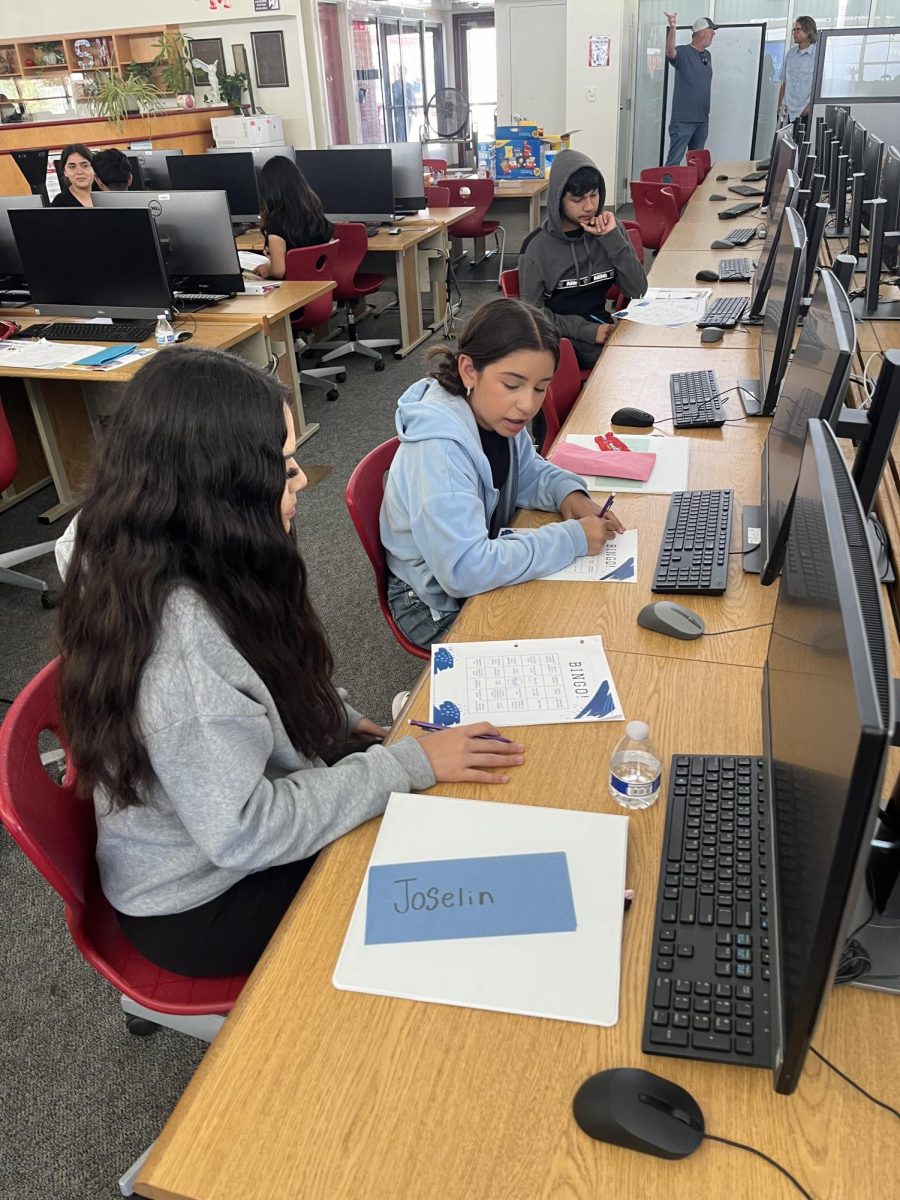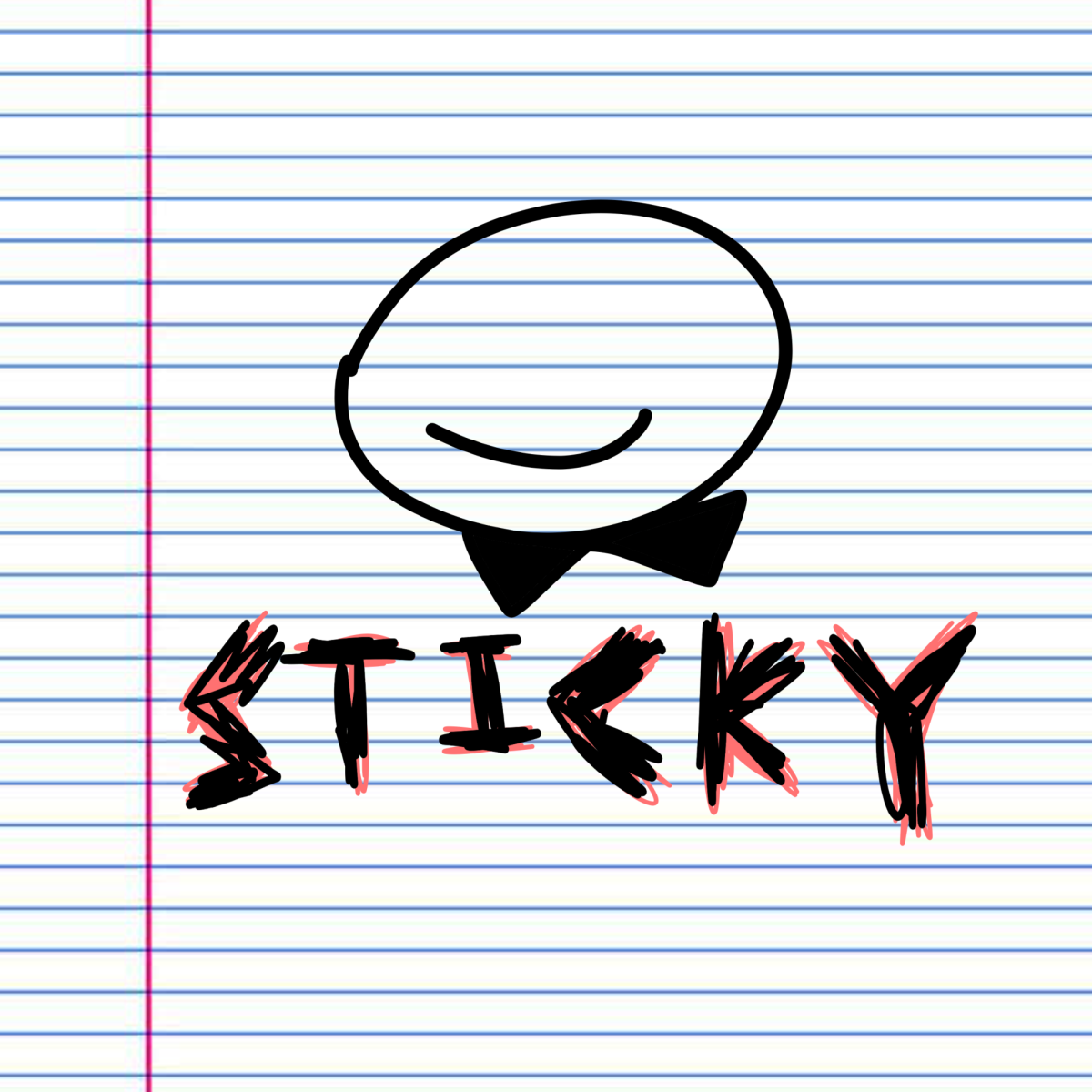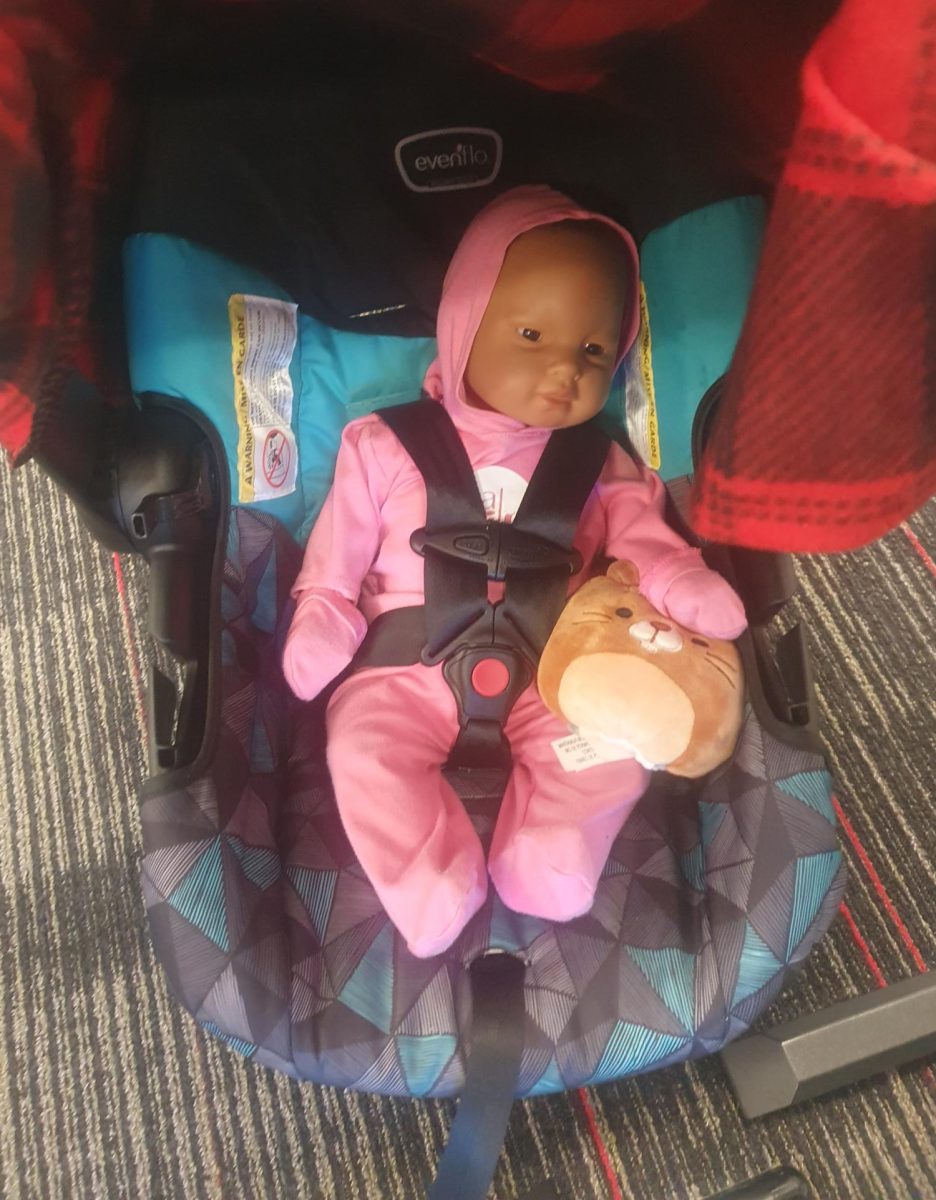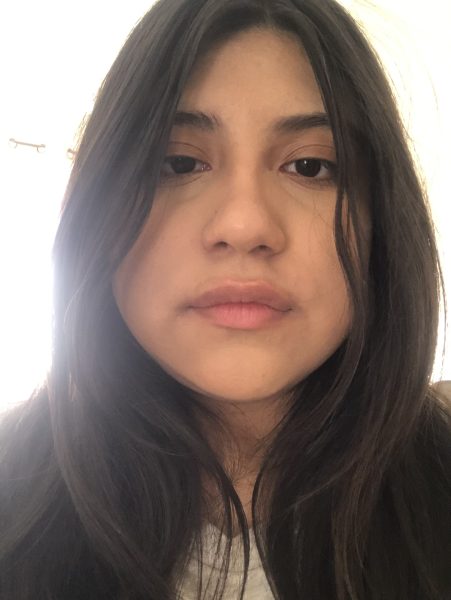Before we had TikTok, we had Musical.ly. Musical.ly was a social media app that allowed users to lip sync and dance along to their favorite music. It was bought out in November 10th, of 2017 by ByteDance Ltd. who merged it into TikTok on August 2nd, 2018. Though a bit of an unpopular change at first, TikTok was eventually accepted by its many young users, quickly becoming synonymous with Gen Z. However, as time went on, controversy began to build once more people became aware of TikTok’s dealings with China. China has a policy for apps that have dealings in their country, that they have to sell their data to them (the U.S. has the same policy). Because of this policy, Senator Tom Cotton questioned CEO of TikTok, Shou Zi Chew, about his affiliations with Communist China. “Have you ever been a member of the Chinese Communist Party?” asked Senator Cotton during a court hearing with the TikTok CEO.
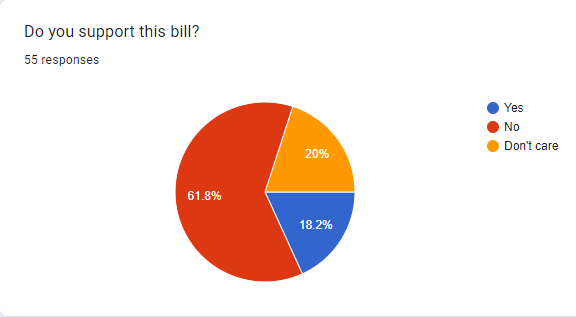
The House of Representatives recently voted on a bill that states, “This bill prohibits distributing, maintaining, or providing internet hosting services for a foreign adversary controlled application (e.g., TikTok).” This bill is essentially saying that apps controlled by a foreign adversary may not be available for download in the U.S. We created a survey asking 55 SMHS students and staff if they supported this bill. 61.8% of Saints answered that they do not support the bill while 18.2% answered yes, and 20% answered that they simply did not care. Some SMHS students have also commented on why they don’t support the bill. “…it is taking away many jobs in the United States. Many people use this app to promote their restaurant or other important things.” While many students don’t support this bill, others have explained that the reason they do support the bill is because “they steal [your information]” and that “it’s just an app”.
We had the opportunity of interviewing two English teachers here at SMHS who gave us their opinions on this issue. Ms. Turner remarked, “the initial reaction for me was ‘Oh the government is trying to control us they want to stop critical thinking.'” However, Turner also decided to see the House’s point of view on this matter. “I see how TikTok negatively impacts my child, my students, society and with all the intel they have, I understand what they’re going through (they being the government).” The other English teacher we had contact with was Ms. Miles. She suggested that the House wants to ban TikTok because “we don’t have control of the algorithm and they want to have control of what people are allowed to see. They want it to be more positive than negative.” She went on to say that “it has nothing to do with entertainment, it has to do with mental health.”
Neil (Owen) Arandia, a freshman, had this to say about why he thinks TikTok might be getting banned: “With the stuff I’ve seen on TikTok, it’s pretty bad especially when it’s affecting the newer generation, so I get why they’re trying to ban it.” Jennifer Bravo-Ramirez, a senior and Breeze staff member, noticed that CapCut was owned by the same company that owns TikTok which will also be in jeopardy due to this new bill.
If this bill were to pass, what impact would it have? A student parent observed that “if they are [allowed to freely] use it, they can watch bad videos” and that once they start “seeing certain challenges, they decide to do it” which she noted can be harmful for the viewer. The student parent also mentioned that TikTok can also “[teach] them how to do certain recipes” (them being the viewers) as well as other life-based skills. Now, how would this impact the content creators who make money or have made small businesses off of this app? Ms. Turner commented that the content creators will have to get “real jobs” while Owen said they will have to move on to “other platforms like YouTube Shorts or Instagram Reels.” Ms. Miles said that “if its’ [posts are] positive, I think it will work” further explaining that she believes small businesses are something positive, and they will be able to survive the TikTok ban.


